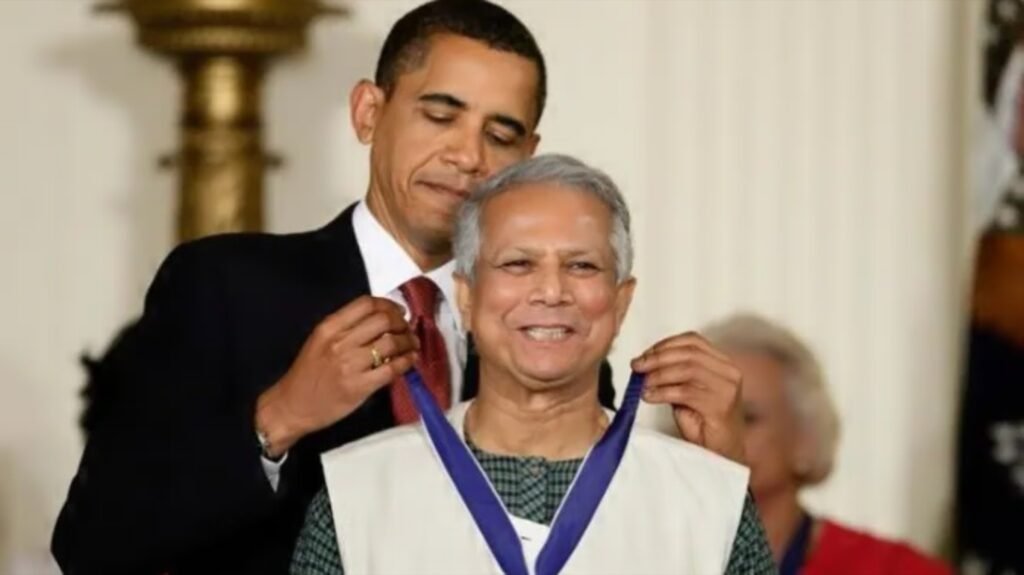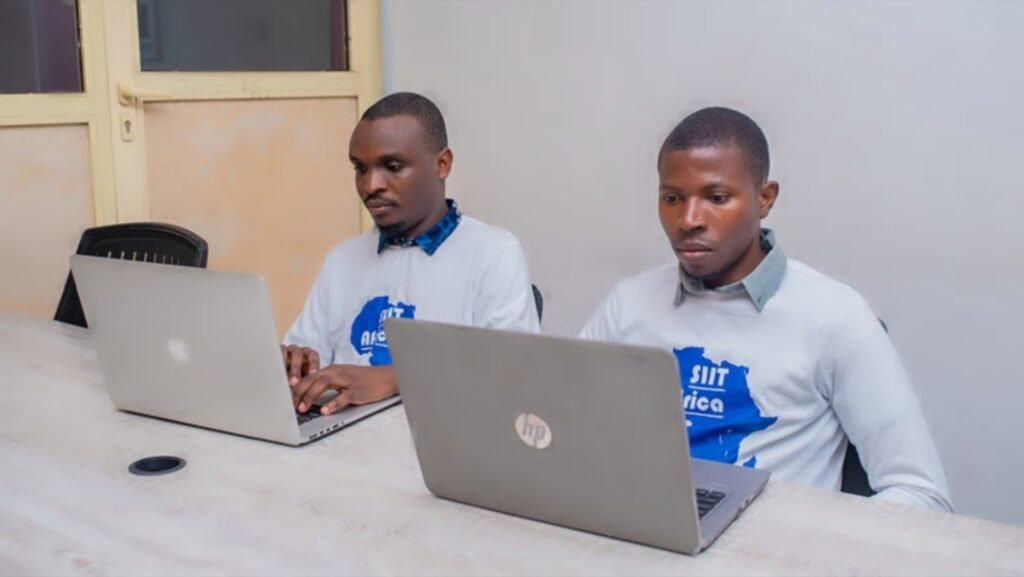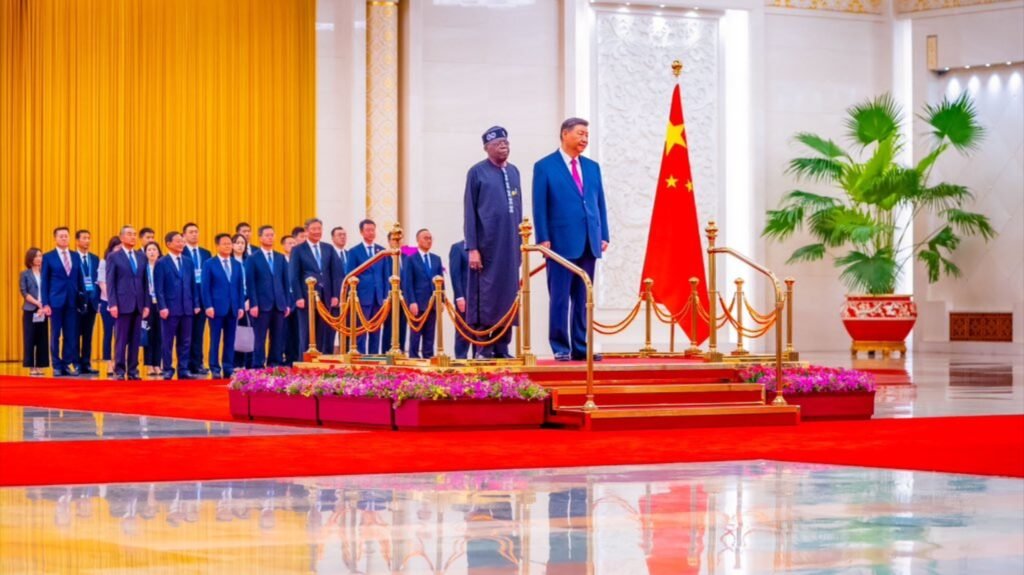Muhammad Yunus, the Nobel laureate from Bangladesh, has been requested to lead the interim government following the political turmoil that resulted in Prime Minister Sheikh Hasina fleeing the country on Monday.
Yunus, 84, who praised the student-led protests that toppled Hasina’s government as a “Second Victory Day,” has long criticized her 15-year authoritarian rule.
The protests initially erupted over a job quota system that allocated more than half of government positions to specific groups, including one-third for the descendants of 1971 war veterans. Although the Supreme Court reduced the quota on July 21, it failed to calm the protesters.
Yunus addressed the situation, saying, “This is our beautiful country with immense potential. We must protect it and make it a wonderful place for ourselves and future generations.”
As he takes over leadership following one of the deadliest protests in Bangladesh’s history, which resulted in over 300 deaths and thousands of arrests, Yunus faces significant challenges. He must restore law and order, rejuvenate the economy, and ensure the path to free and fair elections.
Ahmed Ahsan, a former World Bank economist and director of the Policy Research Institute in Bangladesh, remarked that Yunus is “the right leader for this moment, chosen by the students who led the entire movement.”
About Muhammad Yunus
Yunus, born in 1940 as the third of nine children, grew up in a village near Chittagong, a southern port city in what was then East Pakistan. He graduated from the University of Dhaka in 1961 and later, in 1965, went to Vanderbilt University in the United States on a Fulbright scholarship to pursue a PhD in economics, which he completed in 1969. After that, he became an assistant professor at Middle Tennessee State University in Murfreesboro, Tennessee.
During the 1971 liberation war against the Pakistani military, Yunus actively supported the movement for an independent Bangladesh. He established a citizens’ committee in Nashville and helped operate the Bangladesh Information Center in Washington, DC, lobbying the US Congress to halt military aid to Pakistan.
Yunus returned to an independent Bangladesh in 1972 and briefly worked with the new Planning Commission before joining the economics department at the University of Chittagong.
In 1976, while conducting fieldwork in villages near Chittagong that had recently suffered from famines, Yunus lent $27 to 42 villagers and saw that they all repaid the loans on time. He realized that small loans, or microcredits, could make a significant impact on the lives of poor villagers, who were often unable to borrow from traditional banks and were forced to turn to money lenders charging high interest rates.
This experience led to the creation of Grameen Bank, which pioneered microcredit, providing small loans to the poor to help them start new businesses. Yunus became known as the “banker to the poor,” as his efforts through Grameen Bank helped lift millions out of poverty.
Noble Prize Winner
In 2006, Yunus and Grameen Bank were jointly awarded the Nobel Peace Prize for their efforts to “create economic and social development from the ground up.”
By then, the bank had provided over $7 billion in loans to more than seven million borrowers, 97 percent of whom were women, with an almost perfect repayment rate.
At the time, Yunus said, “I see poor people escaping poverty every day… We can envision a world free of poverty, where poverty will only exist in museums, as exhibits in poverty museums.”
Now, Yunus faces the challenges of politics, far beyond the theoretical ideas he once dealt with.
His immediate task will be to restore order after five weeks of deadly protests, but a bigger challenge is the economic crisis, marked by rising food prices and a stagnant private job market.
Ahsan from the Policy Research Institute told News Men, “The new government will need to stabilize the economy, control inflation, and stabilize exchange rates.”
Jon Danilowicz, a former US diplomat who spent eight years in Bangladesh, believes Yunus is a good choice as his international reputation will benefit the South Asian nation of 170 million people.
Danilowicz, who serves on the board of a rights NGO in Bangladesh, thinks the interim government will face three major challenges: addressing economic problems, undoing the politicization of the country’s institutions like the civil service, police, and judiciary, and dealing with accountability for serious human rights violations.
“He must establish civilian control early on and ensure the army returns to its normal role of supporting the civilian administration,” Danilowicz said.
On the diplomatic front, Yunus will need to maintain good relations with India, which supported Hasina’s government despite her human rights abuses and repression of opposition. Hasina is currently in India.
“The new government must have cooperative relations with India, as a hostile Indian government could create problems for Bangladesh,” Danilowicz added.








